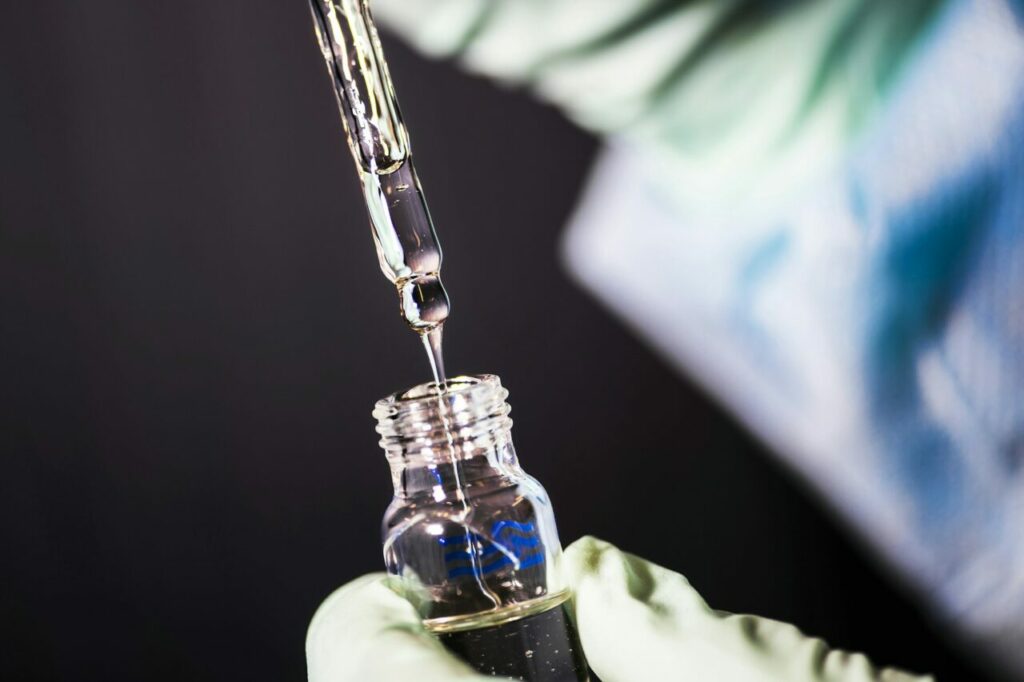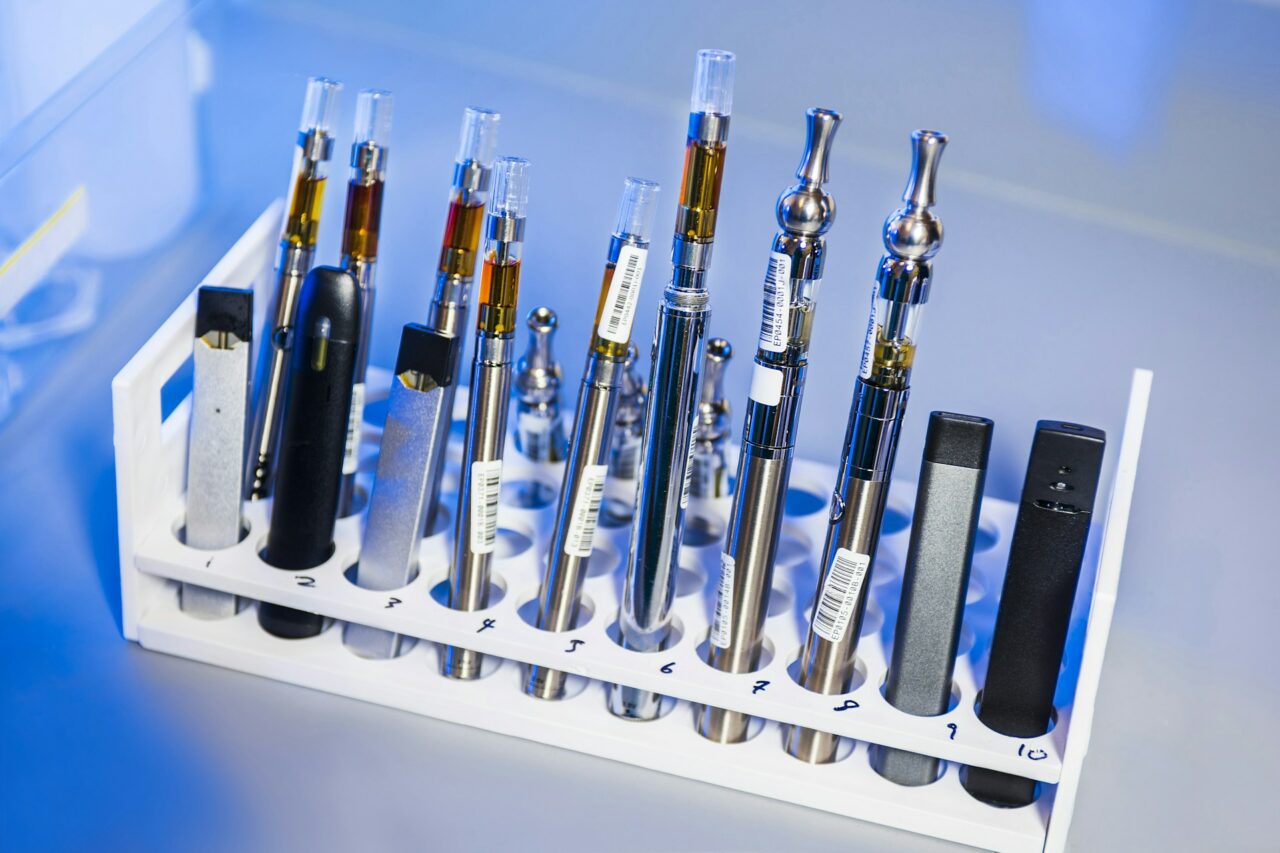The Drug Enforcement Administration (DEA) is increasing production quotas for innovative products like the DMT vape pen, marijuana, and other psychedelics. With Canada leading the way, we are entering an exciting new phase of understanding.
The recent announcement of increased production for certain substances opens the door for unprecedented research opportunities.
Key Takeaways:
- The DEA intends to raise production caps to 20,000 grams of psilocybin and 11,000 grams of dimethyltryptamine by 2024.
- The spirit molecule disrupts repetitive thought patterns and enhances brain and cognitive performance.
- An increase in these substances could advance medical science and promote more affordable alternative treatments.
DEA’s 2024 Agenda: Exploring the Future of Psychedelics
In a major step towards improving research opportunities, the DEA’s recent proposal calls for an increase in the production of certain controlled substances for scientific study in 2024. This reflects a growing recognition of the need for larger quantities to meet medical and research demands.
The Proposal’s Specifications
The revised proposal notably increases production quotas, demonstrating a stronger commitment to clinical research. For instance, the target for certain substances has nearly doubled, with the production limit set at 20,000 grams for psilocybin and 11,000 grams for DMT vape cartridges.
These changes are a direct response to input from registered manufacturers, who emphasized the need for larger quantities to support ongoing and future research. The production goals for related compounds remain at previously high levels to ensure a steady supply for therapeutic investigations.
Potential Benefits for Scientific Research and Therapeutic Uses
The increased availability of these substances could create new opportunities for scientific studies, particularly in determining their therapeutic potential. As more research becomes accessible, scientists may uncover novel treatments for various conditions, including mental health disorders.
This increased focus could not only enhance our understanding but also align with the growing public interest in alternative treatments. These changes could propel medical science forward and offer more cost-effective therapeutic options than traditional methods. treatments.
Navigating the Unknown: Present and Future Research on Dimethylamine and Psychedelics in Canada
There’s a growing interest in Canada to scrutinize alternative therapy options, with recent developments hinting at a potential transformation in the realm of mental health treatment.
In 2021, there was a marked rise in the interest for substances known to have psychological benefits. Even though the market dynamics experienced a slowdown, the ongoing clinical trials continue to deliver promising results.

Current Landscape
On December 5th, 2022, Health Canada circulated a Notice to Stakeholders outlining the expected risk-management protocols in clinical trials involving psychedelic-assisted therapy. In Canada, each province has its own unique approach to regulating psychedelics and their study:
| Ontario | The Centre for Addiction and Mental Health (“CAMH”) received the first Canadian federal grant to study psilocybin. |
| Alberta | Approval granted for the therapeutic use of certain psychedelics, such as psilocybin, psilocin, ketamine, LSD, MMDA, and DMT. |
| University of Guelph | Granted permission by Health Canada to grow psilocybin-containing mushrooms |
| Saskatchewan | The Linden Medical Centre provides support for PTSD patients to access psychedelics |
| New Brunswick | Home to a network of private clinics offering PTSD treatment with ketamine |
| British Columbia | Has decriminalized personal possession of certain substances |
| Quebec | Mindspace by Numinus is legally permitted to administer psilocybin and MDMA for the treatment of treatment-resistant depression and PTSD. |
Promising Research Domains
Several promising research areas are emerging, particularly around the therapeutic uses of dimethyltryptamine and psilocybin. As support for their effectiveness continues to strengthen, future research could venture into:
Propelled by the recent interest from the DEA in psychedelic research, consumers can look forward to a plethora of exhilarating opportunities in the future.
Frequently Asked Questions
Can individuals acquire the substances the DEA is interested in?
No, these substances are currently under scientific investigation for their potential benefits. If you are interested in obtaining a DMT vape cart or any of the mentioned substances, you can either visit a clinic that includes them in their treatment options or procure them from an online dispensary.
What differentiates dimethyltryptamine from other psychedelic substances?
Dimethyltryptamine sets itself apart from other psychedelics due to its potent effect and short duration. Unlike LSD, which can alter neural activity for several hours, dimethyltryptamine creates a brief, yet intensively immersive alteration in consciousness, marked by vivid visual patterns and a range of other experiences.
What condition is currently showing improvement with the use of dimethyltryptamine?
Several studies have indicated that this compound can have immediate antidepressant effects in patients the day following treatment. Additional research has investigated its impact on the mental health outcomes among healthy volunteers. The primary focus is on easing symptoms of depression and anxiety.





